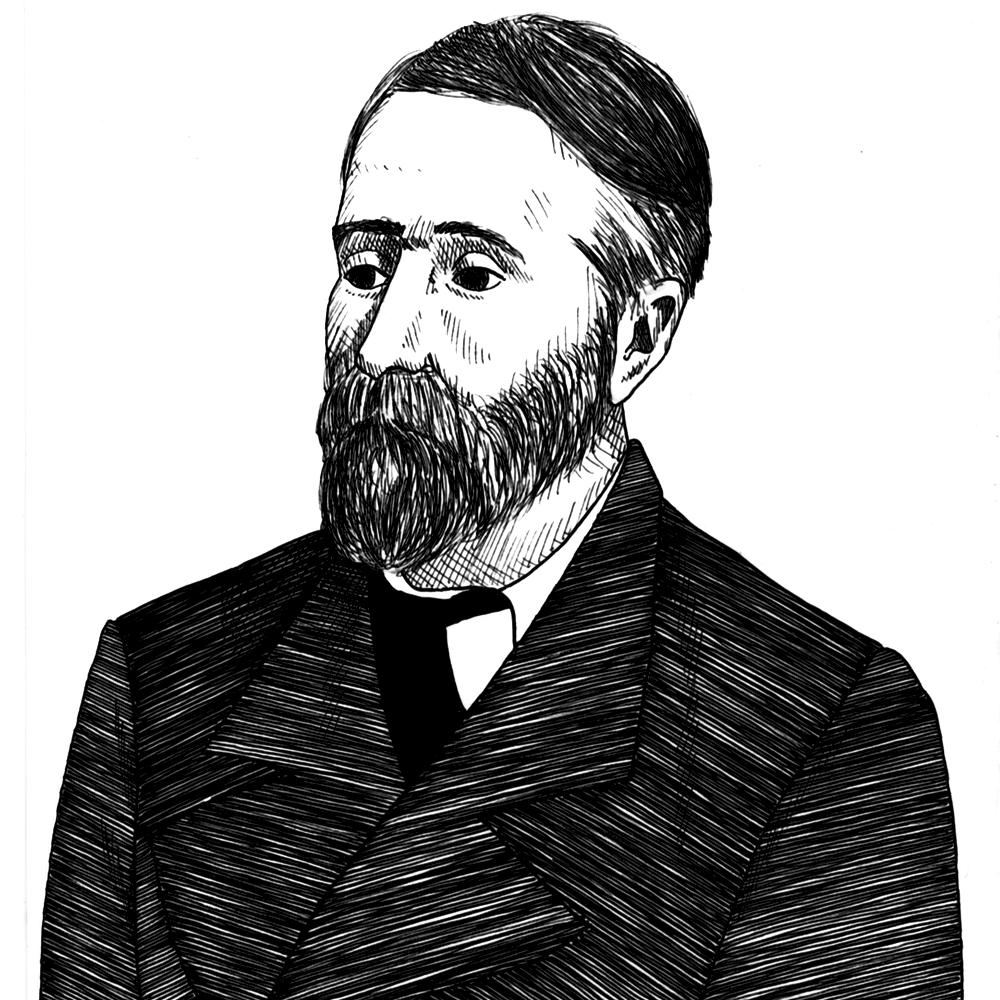
Auberon Herbert on the “magic of private property” (1897)
Found in: The Right and Wrong of Compulsion by the State and Other Essays (1978 ed.)
The English radical individualist and Member of Parliament Auberon Herbert (1838-1906) appeals to ordinary workers to acquire property peacefully and to thereby enjoy one of the “master keys” to enjoying peace and prosperity:
Property Rights
If you surround property with state restrictions, interfere with free trade and any part of the open market, interfere with free contract, make compulsory arrangements for tenant and landowner, allow the present burdens of rate and tax to discourage ownership and penalize improvements, you will weaken the motives for acquiring property, and blunt the edge of the most powerful material instrument that exists for your own advancement. Only remember—as we have said—that great as is your material interest in safeguarding the rights of individual property, yet higher and greater are and ever will be the moral reasons that forbid our sanctioning any attack upon it, or our suffering state burdens and restrictions and impediments to grow round it. True liberty—as we said—cannot exist apart from the full rights of property; for property is—so to speak—only the crystallized form of free faculties.